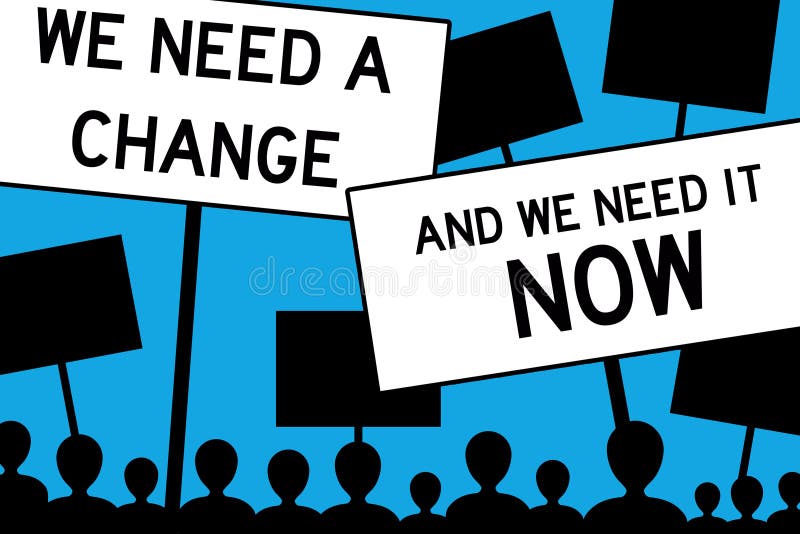The Left's game plan: Make audacious changes, then call it radical to undo them
Our planet is on fire, and this extremist Supreme Court has destroyed the federal government’s ability to fight back.
— Elizabeth Warren (@SenWarren) June 30, 2022
This radical Supreme Court is increasingly facing a legitimacy crisis, and we can't let them have the last word.
Vox explained the majority’s ruling perfectly. “The Supreme Court on Thursday handed down a decision that says the Environmental Protection Agency does not have the power to regulate carbon dioxide emissions from power plants without authorization from Congress.”
Adopting Vox’s wording and combining it with the minority’s putative logic, you would conclude that the EPA has the power to regulate CO2 without authorization from Congress. The general principle behind such an opinion is that the executive branch can make its own laws. Yet this principle, of course, undermines the Constitution’s very core.
Chief Justice John Roberts, in his opinion, said Congress “must point to ‘clear congressional authorization’ for the power it claims.” That is so obvious it should go without saying.
It is obvious that the Obama administration’s cap-and-trade scheme, created to shift the country from coal power to natural gas power to green energy, was addressing a major question — a massive cultural, economic, and political question. Obama was trying, to borrow his own words, to “remake America” with this rule.
Such an ambitious scheme obviously would need to be authorized explicitly by Congress. The Biden and Obama administrations, defending the Clean Power Plan, never pointed to a statute that clearly authorized the EPA to create a massive, binding cap-and-trade scheme attempting to reshape America’s entire energy sector. Instead, the administration pointed to a short subsection of a rule that obviously gave the EPA only the authority to force individual power plants to adopt certain mitigation techniques.
That is, Biden pretended to offer a statutory basis for what he wished was law, but it involved torturing the meaning of the words into a shape nobody had previously suggested they could hold.
The minority of the court's justices showed little concern for finding specific congressional authorization. Instead, they began their dissent by explaining that they think climate change is a really big deal, as if that was a relevant rebuttal to the constitutional rule that the executive cannot make laws. The minority took the words Congress wrote about what the EPA could force a power plant to do —adopt the “best system” for reducing emissions at its own plant — and said those words basically give the EPA the power to create (to legislate) whatever the EPA believes is the “best system of emission reductions” for greenhouse gases in the whole area power grid.
The liberals' novel reading of the statute has no limits. Cratering the economy or curbing the population are the “best system of emission reductions,” some argue. Under the court’s reading, Congress has delegated to the EPA the power to take steps that would curb birthrates, set immigration policy, or ruin our economy.
The Obama administration made an absurd argument, leaning on a tortured reading of the text, a reading that had no limiting principle. When the majority of the court rejected this executive overreach and its tendentious reasoning, the entire media and Democratic Party freaked out as if the court were doing something radical.
This is the standard playbook of the American Left today: Do something unprecedented and ungrounded in law or the Constitution, and then, when it is undone, call the undoing radical.
This is exactly what happened with the Dobbs abortion ruling the week before. The Supreme Court, in 1972, invented out of thin air a constitutional right to abortion. Dozens of honest pro-choice legal scholars admit as much.
“One of the most curious things about Roe is that, behind its own verbal smokescreen,” wrote Laurence Tribe in 1973, “the substantive judgment on which it rests is nowhere to be found.”
“As a matter of constitutional interpretation and judicial method,” wrote Harry Blackmun clerk Ed Lazarus, “Roe borders on the indefensible.”
“What is frightening about Roe,” wrote John Hart Ely, “is that this super-protected right is not inferable from the language of the Constitution, the framers’ thinking respecting the specific problem in issue, any general value derivable from the provisions they included, or the nation’s governmental structure.”
It was a ridiculous and obscene court overreach that was upheld by a laughably bad decision based on the claim that “at the heart of liberty is the right to define one’s own concept of existence, of meaning, of the universe, and of the mystery of human life.” Got that? You’re not really free unless you get to define for yourself who counts as a “human life.”
Now that the court has said the Constitution is silent on abortion, actually — something very obvious — the only story is how this upsets 49 years of (indefensible) precedent. It's an odd sort of conservatism from the Left:
Every audacious thing we've done before yesterday now stands as an immutable principle — until we decide to shift things further Left.
Original Here |
⭐⭐⭐⭐⭐

